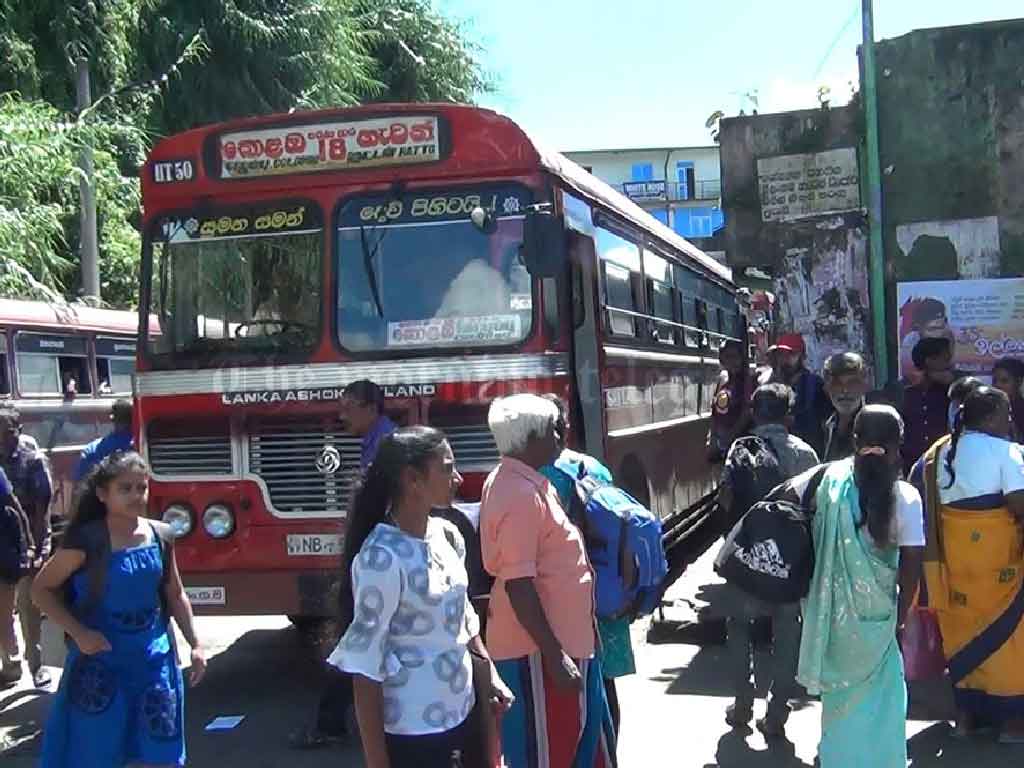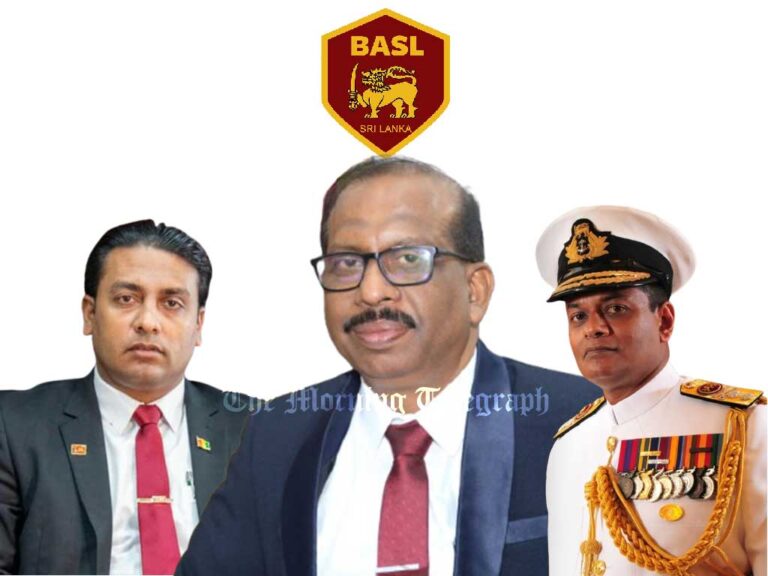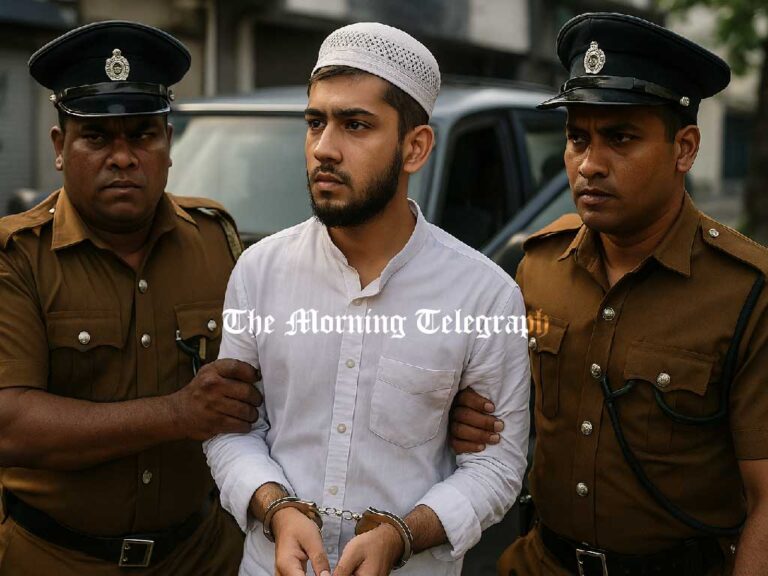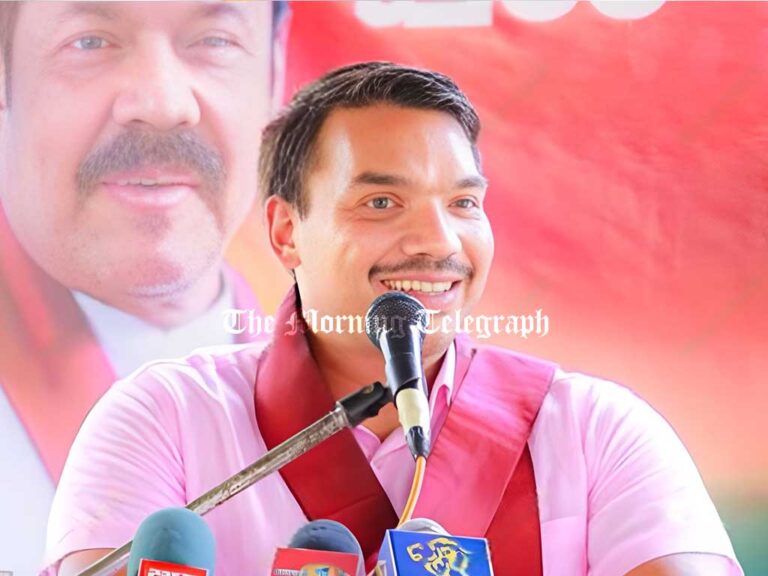
Voters returning to their workplaces after participating in the general election faced significant challenges due to an insufficient number of buses and alleged price-gouging by private operators. Many who traveled to Colombo and other cities to cast their votes reported long queues and inadequate transport facilities at bus stations such as Hatton, leaving passengers frustrated and vulnerable to exploitation.
Limited Transport and Overcrowding
Despite additional buses being deployed to meet the post-election travel demand, passengers waiting at the Hatton bus stand said these services were far from sufficient. The demand overwhelmed available resources, leading to overcrowding and extended waiting times.
Alleged Ticket Overpricing
Private bus operators reportedly charged exorbitant fares, ranging from Rs. 1000 to Rs. 1500, significantly higher than the standard ticket fee of Rs. 588. Timekeepers at the Hatton private bus station issued temporary permits from the National Transport Commission (NTC) to private buses from nearby areas, enabling them to operate additional services. However, commuters alleged that this system was exploited to impose unjustified fare hikes.
Passengers accused timekeepers and private bus operators of colluding in a “racket” to capitalize on the high demand. One passenger remarked, “We had no choice but to pay these inflated prices to return to work.”
Police from the Vehicle Department intervened by inspecting private buses parked outside the Hatton bus stand. They redirected these buses to operate under regulated fare structures, ensuring passengers paid the standard Rs. 588 fee.
While the police action provided temporary relief to some passengers, the broader issues of insufficient buses and poor oversight of fare regulations remain unresolved.
This incident has sparked calls for better management of public transportation during peak periods, such as elections and holidays. Commuters have urged the National Transport Commission to enforce stricter controls on fare regulations and ensure adequate bus services to prevent exploitation.
The frustration among passengers underscores the urgent need for systemic changes to Sri Lanka’s transport infrastructure and policies. The government has been called upon to address these recurring issues to ensure fair and accessible public transportation for all citizens.




